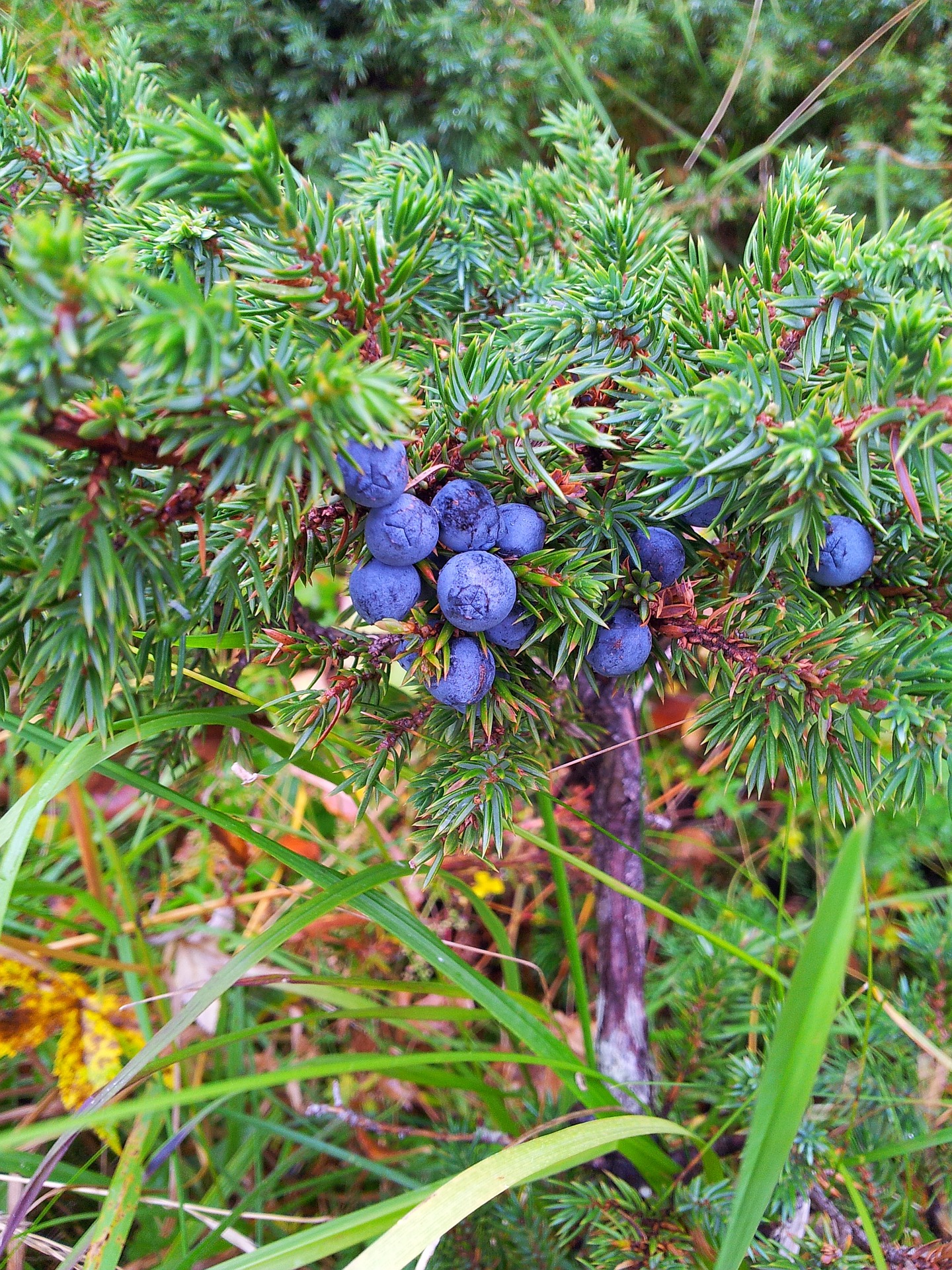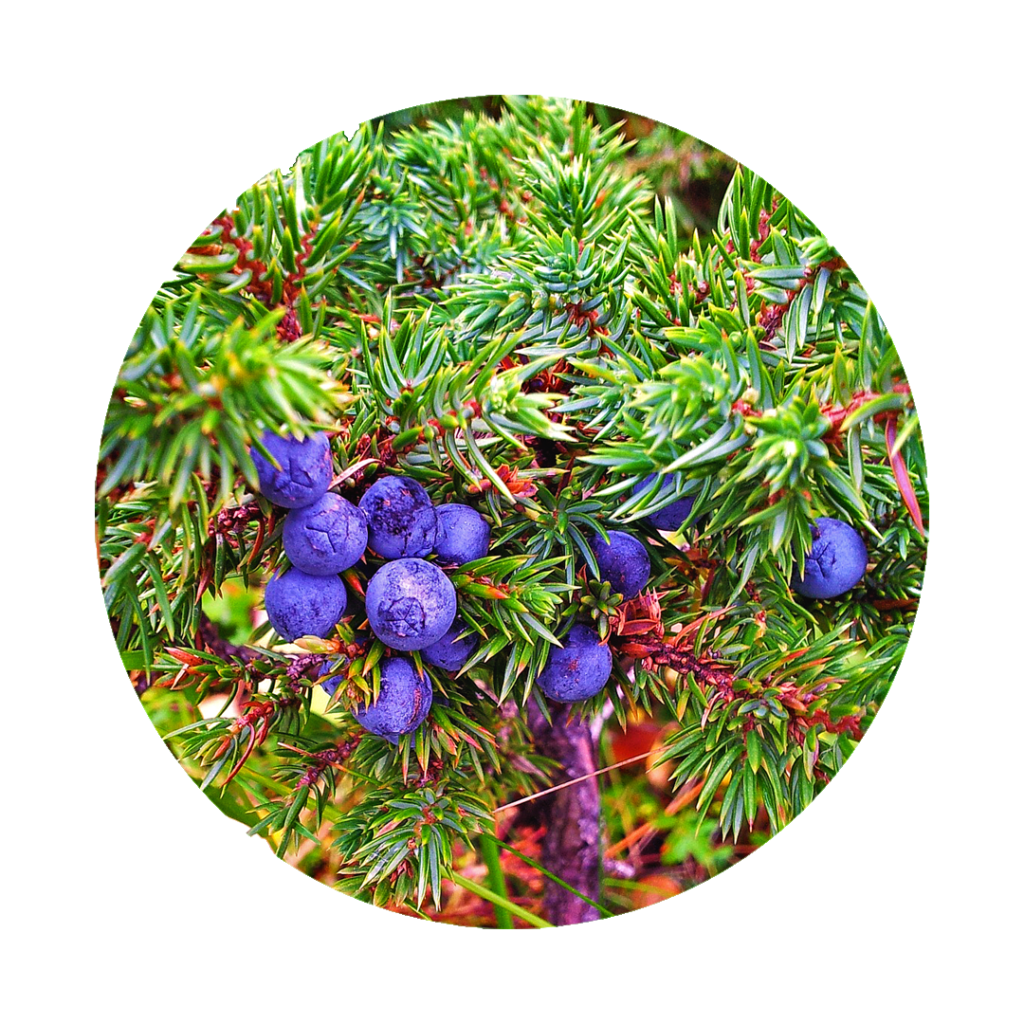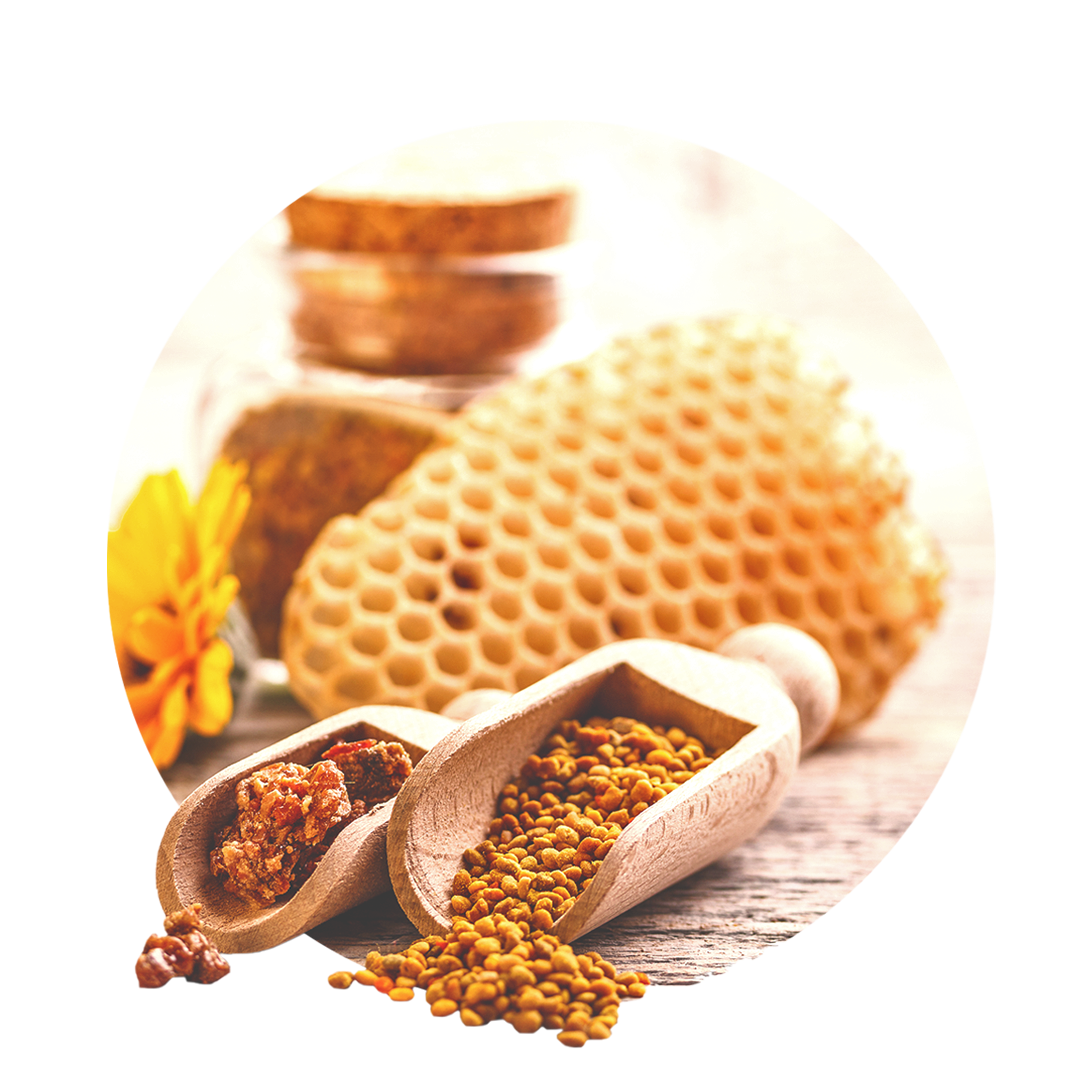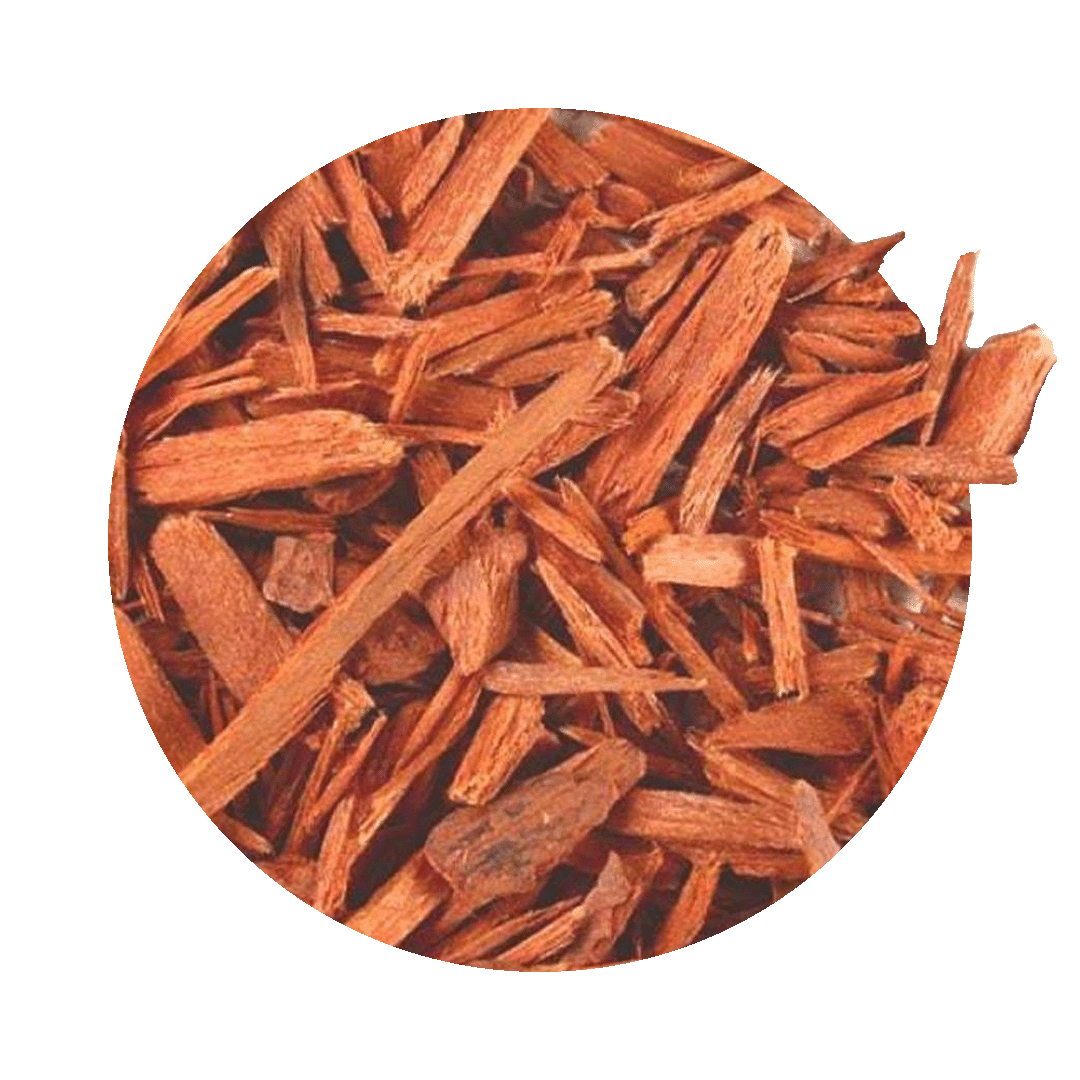Juniper: More than just a berry
The juniper berry is probably known to everyone from the kitchen. People like to add these small, black spheres to the sauce of meat dishes in order to transfer their distinctive, unique aroma to the meat. The common juniper is a coniferous tree species found in the alpine area, which have found their own biological niche. They are very widespread and have long been an integral part of medical science. Both its digestive, but also its antimicrobial and lymphatic powers are much praised.
Facts about juniper
Did you know that...
...juniper is the most important ingredient of gin?
...juniper had a similar sacred status as the elder?
... juniper activates the lymph?
What is juniper?
The juniper is a coniferous tree that can appear in very different forms. Often it is rather shrubby and stocky in growth, but occasionally it also appears as an upright tree. With age, it usually becomes multi-stemmed and increasingly broad. It usually grows between five to eight meters high, but sometimes rarely up to 12 meters. It grows very slowly at 10-16cm per year, develops a deep root system to access water and nutrients, and can easily live up to 600 years. Its needles are evergreen and strongly pungent. Like the whole plant, they give off a typical juniper smell, as all parts of the plant contain the essential oil.
General and medicinal properties of Juniperus communis
The basic knowledge
Antimicrobial
Juniper is antimicrobial. Its ingredients are effective against various viruses, bacteria and fungi. Therefore, it has long been successfully used for various infections. It is especially popular for kidney-bladder issues. It disinfects the urogenital tract and makes infections heal faster.
Digestive stimulant
Juniper is digestive stimulant. Therefore, it is very popular in the kitchen with heavy food. Especially in fatty meat dishes juniper is a much used spice, because it stimulates the digestive glands and relaxes the digestive tract.
Urinary
Juniper is diuretic. Juniper stimulates the activity of the kidney and thus also improves the elimination of the body. Juniper is therefore considered purifying and cleansing for the body.
Juniperus communis: Ingredients
Juniperus contains a variety of active ingredients that result in wide applicability.
You can find the following ingredients in juniper:
- Juniperine
- Flavonoids
- Tannins
- Essential oil
Juniper: Effect for body and mind
Juniper, as an evergreen plant, has always had a special charisma and attraction on people. It stands for eternal life and eternal youth and is therefore considered sacred. Today it is known that its ingredients are actually very healthy for the human body. They are effective against various microbes and therefore clean through. In addition, the lymphatic flow and digestion are activated by juniper. The inner alchemist, the great chemical laboratory of our body is supported in its work and without this, as is well known, not much runs. In addition, juniper stimulates the excretion. The kidney is activated to produce more urine, so that the urinary tract is better flushed and infections can settle there worse.
Juniper properties
- Relaxing
- Purifying
- Lymph activating
- Diuretic
- Antibacterial
- Antiviral
Fields of application in naturopathy
[Juniperus communis]
In medicine, juniper is regularly used in various formulations, as it has an excellent effect on the center.
Juniper for abdominal cramps
Classically, juniper is used for gastrointestinal cramps. For this purpose, the oil can be rubbed externally, or juniper can be part of a tea mixture. It has an activating effect on the digestive glands and relaxes the muscular parts of the digestive tract, so that everything is loose and the cramps disappear.
Juniperus communis for flatulence and bloating
Especially after heavy meals, many people suffer from flatulence and bloating. The cause is that the digestive glands are overloaded and the food has a long intestinal passage. Juniper relaxes the tense muscles of the digestive tract and stimulates the liver, gall bladder and pancreas to produce more digestive juices. As a result, the feeling of fullness goes away and well-being returns.
Juniper for flushing the urinary tract
Especially often juniper is also used for the treatment of the urinary tract. On the one hand, it increases the amount of urine and thus the flushing rate, but on the other hand, it also cares for the mucous membranes of the urogenital tract and acts against existing infections. Due to the better flushing and its antimicrobial effect, existing infections disappear faster and the problem disappears again.
Juniperus communis for gout
Due to its blood purifying effect, juniper is also often used for gout. It helps the body to urinate the uric acid and activates the kidneys so that they can excrete the uric acid through the urine. Thus, the uric acid levels in the blood decrease and the gout weakens.
Juniper for infections
Juniper is effective against a variety of viruses, bacteria and fungi. Therefore, in autumn it is advisable to take juniper more in food or as a component of tea mixtures, because in this season the immune system is strongly challenged and may need support.
Notes on the use of Juniperus communis
Juniper is mostly used as an ingredient in ready-to-use medicinal mixtures. Larger quantities can be very irritating, which is why medicines with fixed dosage are preferred. Therapeutically, these remedies are taken as a cure several times a day. Continuous therapies are not recommended.
Juniper in pregnancy & lactation
During pregnancy and lactation, juniper should be avoided because it stimulates the uterus and its effect on the child seems incalculable.
Juniper for inflammatory diseases of the kidneys
In inflammatory diseases of the kidneys, juniper should be avoided.
Discover our sprays
With natural methods such as the individual spagyric sprays from Zimply Natural, complaints can be treated and sustainably alleviated.
Use the healing power of Juniperus communis!
Use the healing power of juniper and our other 100 medicinal plants for the natural relief of your ailments. Improve your well-being and support your body, mind and soul! Use our configurator to create your personal spagyric spray, which is tailored to your needs and accompanies you on your natural path to the improvement of body, mind and soul.






